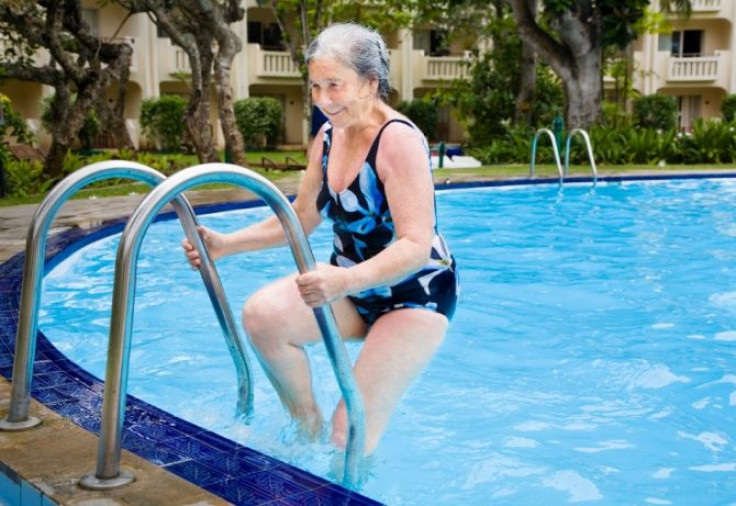Caffeine Boosts Muscle Performance in Elderly

Drinking coffee may boost power in older muscles, according to researchers who suggest that the caffeine could help older people maintain their strength and reduce their chances of falling and injuring themselves.
As people age, their muscles naturally change and become weaker, making everyday tasks more difficult, but a new study, due to be presented at the Society for Experimental Biology meeting, finds that caffeine helps muscles produce more force.
Sports scientists at Coventry University looked for the first time at whether caffeine could also give elderly people more strength by studying mice.
Researchers tested the strengthening effects of caffeine, a stimulant found in coffee and a number of soft drinks, by isolating muscles from mice ranging in age from juvenile to elderly.
The scientists focused on the two different skeletal muscles: the diaphragm, a core muscle used for respiration and the extensor digitorum longus, a leg muscle used for locomotion.
They found that caffeine appeared to enhance muscle performance in two different muscles from mice, but while the effect was not seen in developing youngsters, the stimulant appeared to strengthen the muscles in elderly mice, but with less of an effect than in adult mice at their prime.
"Despite a reduced effect in the elderly, caffeine may still provide performance-enhancing benefits," Jason Tallis, the study's primary author, said in a statement.
"With the importance of maintaining a physically active lifestyle to preserve health and functional capacity, the performance-enhancing benefit of caffeine could prove beneficial in the aging population," Tallis said.
Caffeine intake has also been shown to improve thinking processes and improve memory skills in later life but past studies have shown that excessive caffeine consumption may cause the body to drain itself of calcium, an essential nutrient that supports bone strength in later life.
Caffeine has also been shown to temporarily increase blood pressure, although the long-term effects of this remain unclear.



























